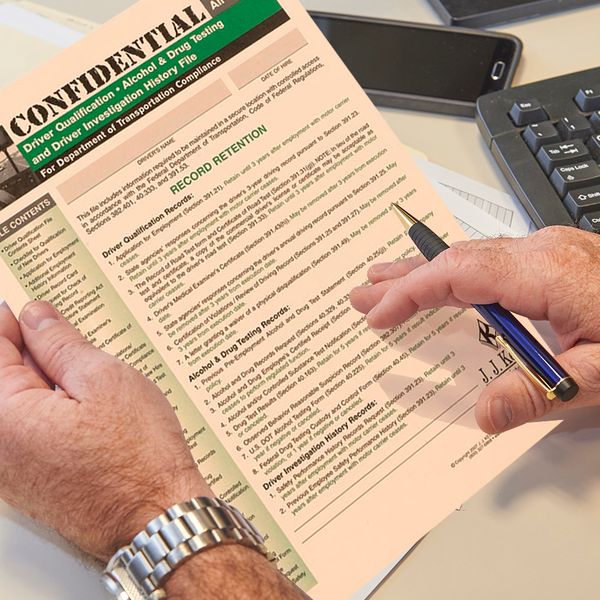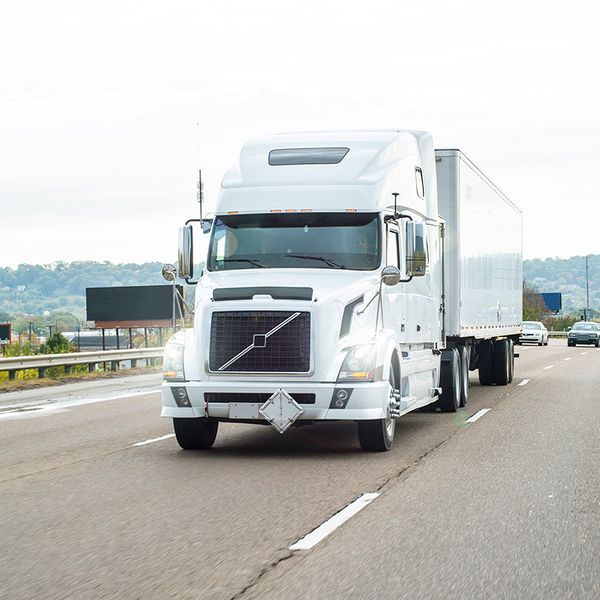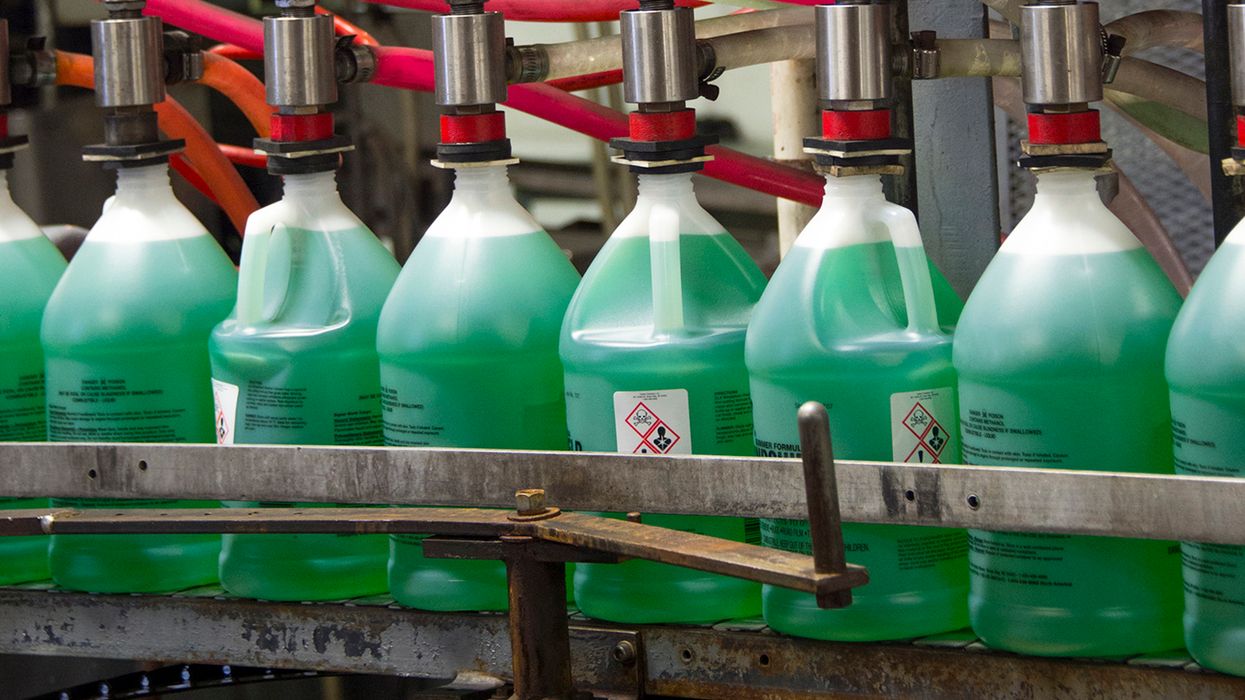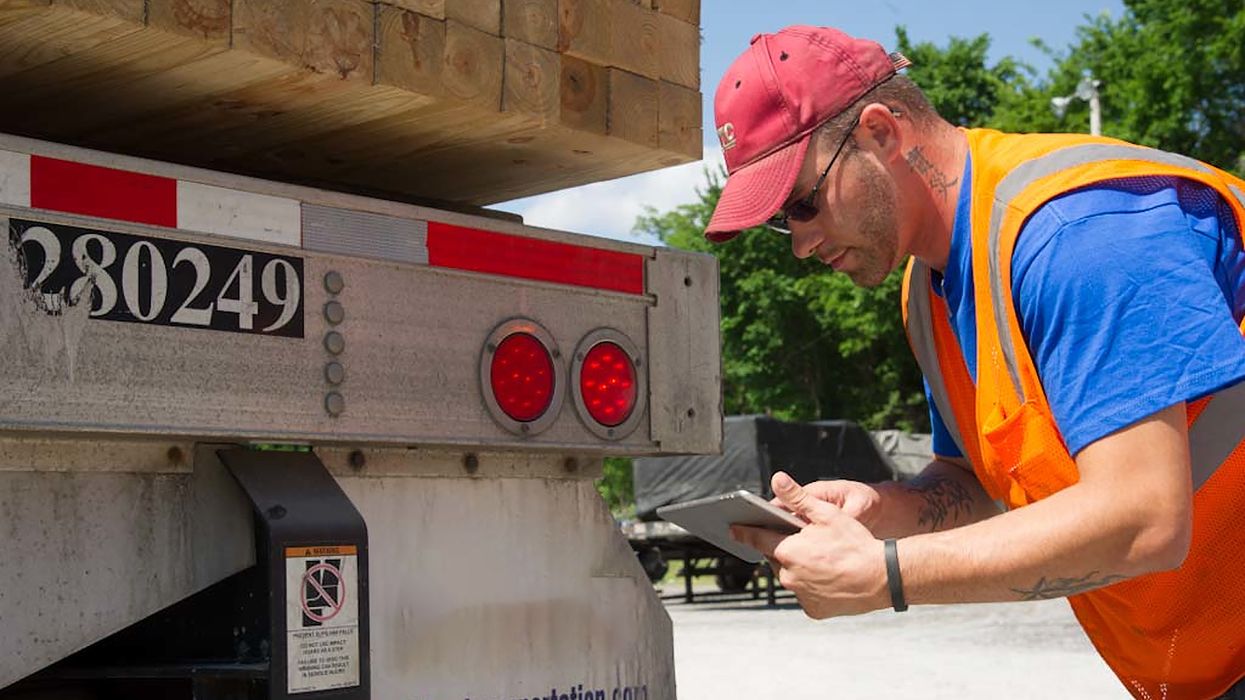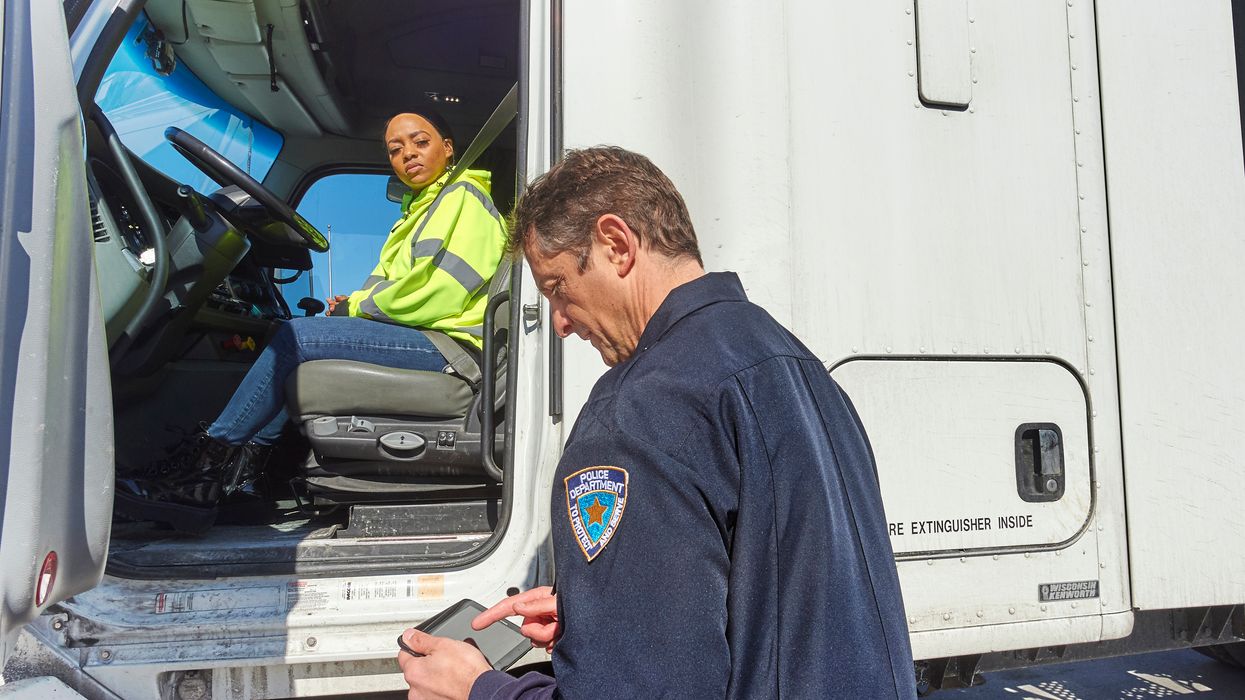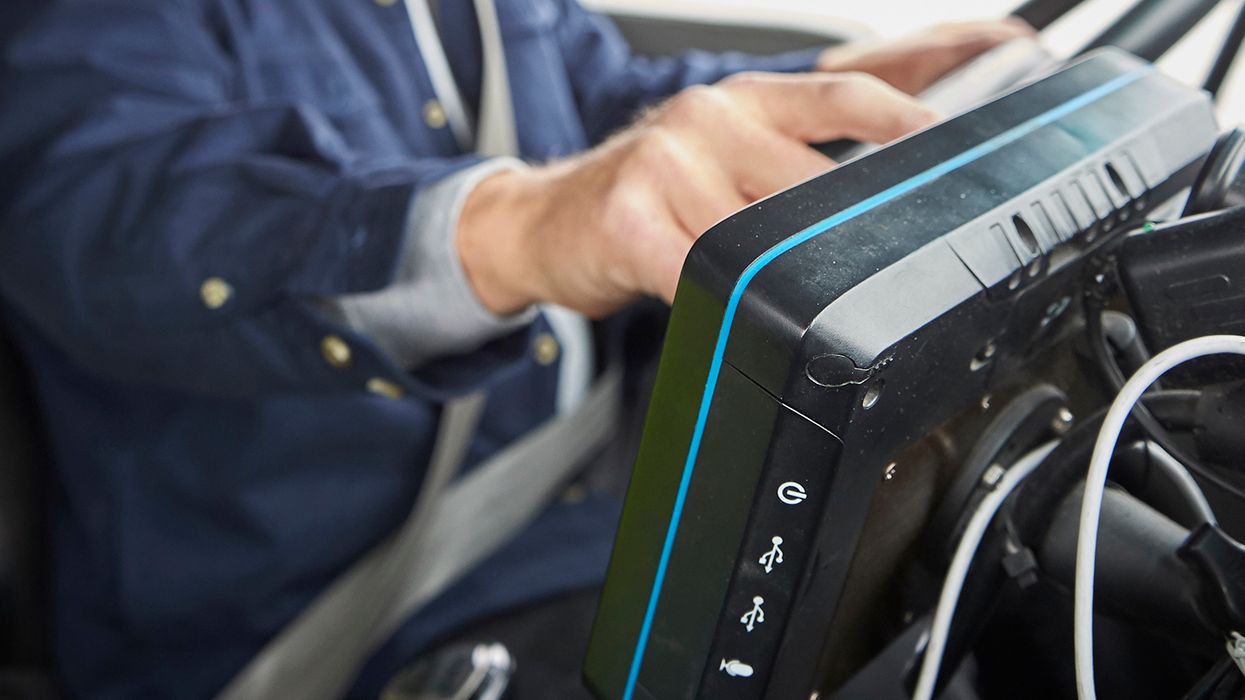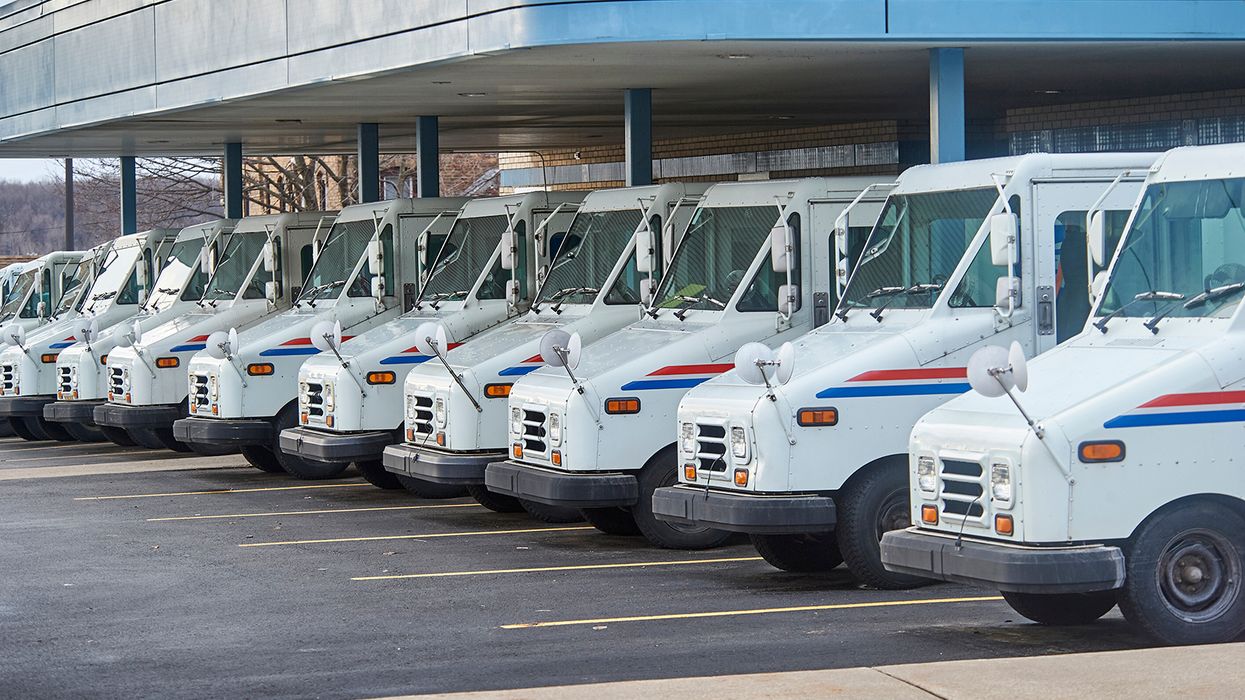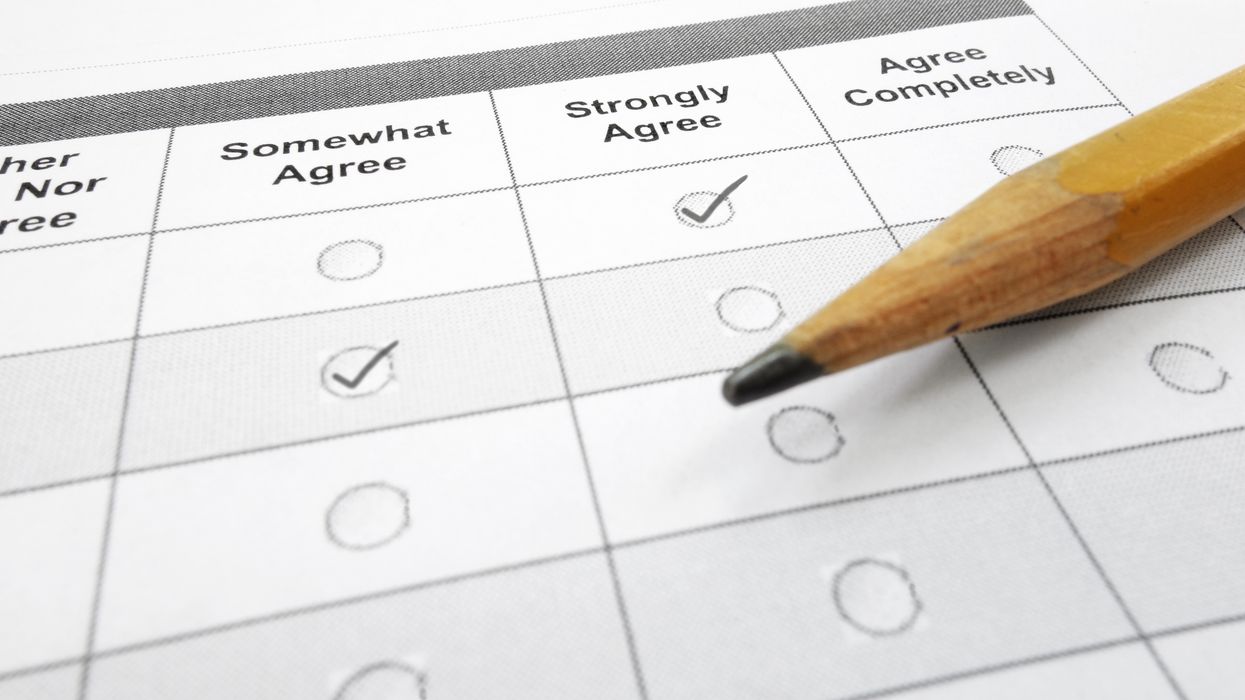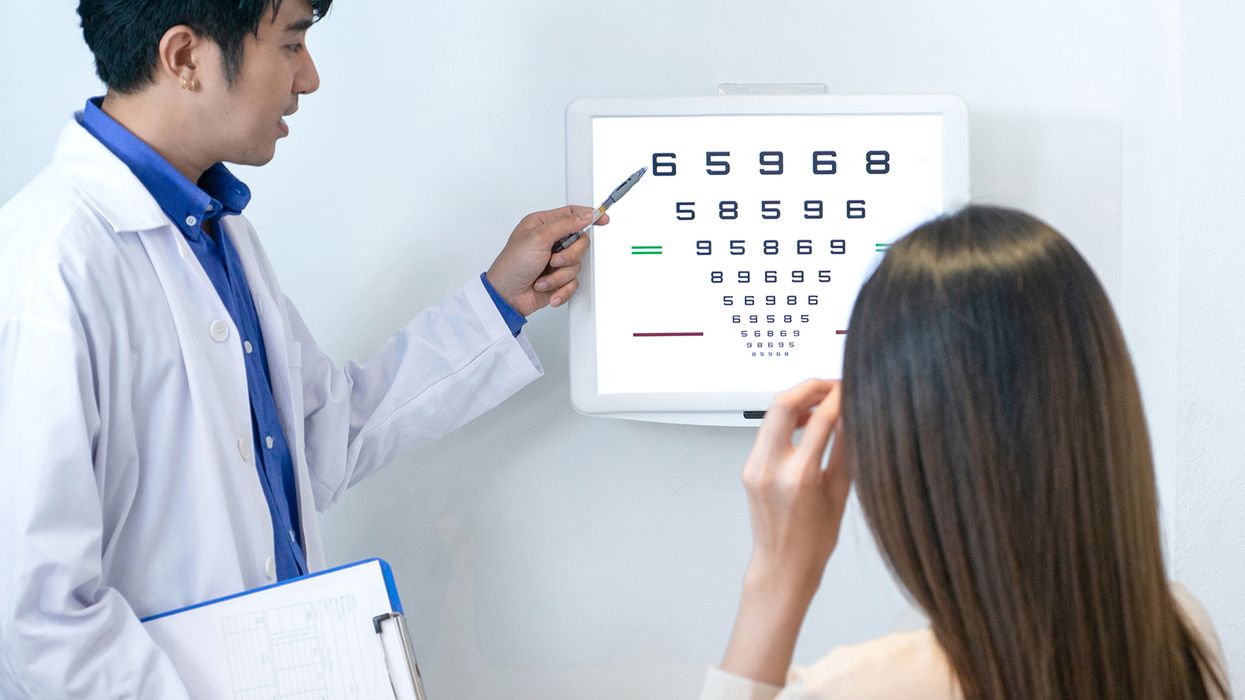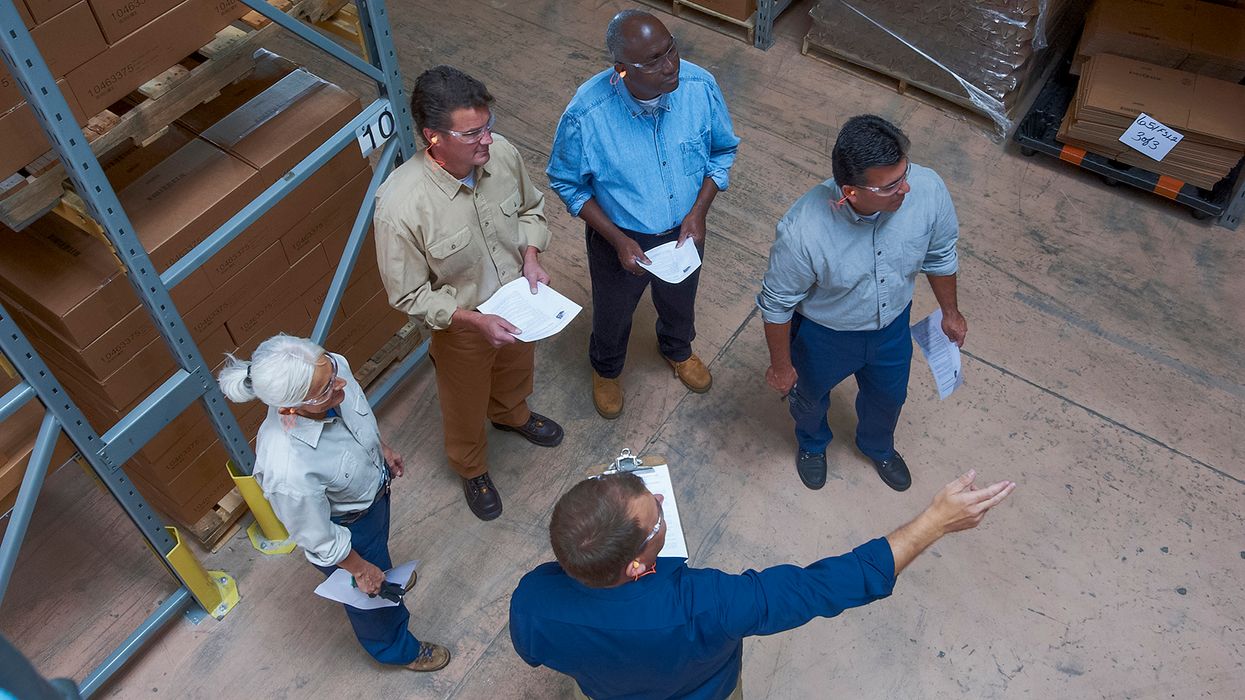5 FAQs on the safety performance history (SPH) process change starting January 6, 2023
At the time of a commercial motor vehicle (CMV) driver’s hire, the SPH is still required under 391.23, along with motor vehicle records (MVRs) from driver’s licensing authorities from which the driver held a license in the prior three years.
However, the SPH process is changing, effective January 6, 2023. With the change, carriers must be clear on what is no longer needed and what is still needed.
1. What is no longer needed?
Carriers must not use the SPH form to request Part 382 and Part 40 drug and alcohol testing violation history from Federal Motor Carrier Safety Administration (FMCSA)-regulated employers.
2. What SPH information must carriers request from FMCSA-regulated employers?
Carriers must send the SPH form to verify DOT accidents (as defined in 390.5) and any other crashes the prior employer cares to share, employment dates, and vehicles operated.
3. How will FMCSA drug and alcohol violation-related information be obtained?
The FMCSA Drug and Alcohol Clearinghouse will contain three-plus years of drug and alcohol testing violations, return-to-duty test results, and the completion date of follow-up testing, if applicable. A pre-employment full query must be conducted with driver consent before using the driver in a CMV as defined in Section 383.5.
Information relating to DOT drug and alcohol testing violations of Part 382 is entered in the Drug and Alcohol Clearinghouse by FMCSA-regulated carriers, their third-party administrators (TPA), Medical Review Officers (MRO), and Substance Abuse Professionals (SAP).
Suppose the driver has a DOT drug and alcohol violation and has not completed the SAP-directed return-to-duty (RTD) plan and passed the RTD test or has not completed the follow-up testing process. In that case, the carrier must determine where the process left off by contacting the SAP or prior employer, as appropriate.
4. When and how do carriers discover DOT Testing Violations under other DOT agencies?
Motor carriers must contact former employers when an applicant worked in a mode other than highway (i.e., rail, air, maritime, and hazard materials) in the previous three years and was subject to DOT testing.
The motor carrier must ask the former employer the questions in 40.25(b). A violation under another DOT mode requires the return-to-duty process and follow-up tests (382.501(a)).
5. What should carriers do in preparation for the change?
Carriers should consider the following measures:
- Train everyone involved with vetting drivers on the new process,
- Make sure updated safety performance history forms are obtained (paste this URL into the browser https://tinyurl.com/JJ-Keller-forms to find the latest forms), and
- Communicate with service agents who provide either driver vetting or DOT drug and alcohol services to ensure they are aware and ready to implement the new requirements.
Key to remember: Be clear on what is required and no longer required for FMCSA and other DOT agency-regulated prior employers in the safety performance history process. Also, obtain new SPH forms and train affected people.






